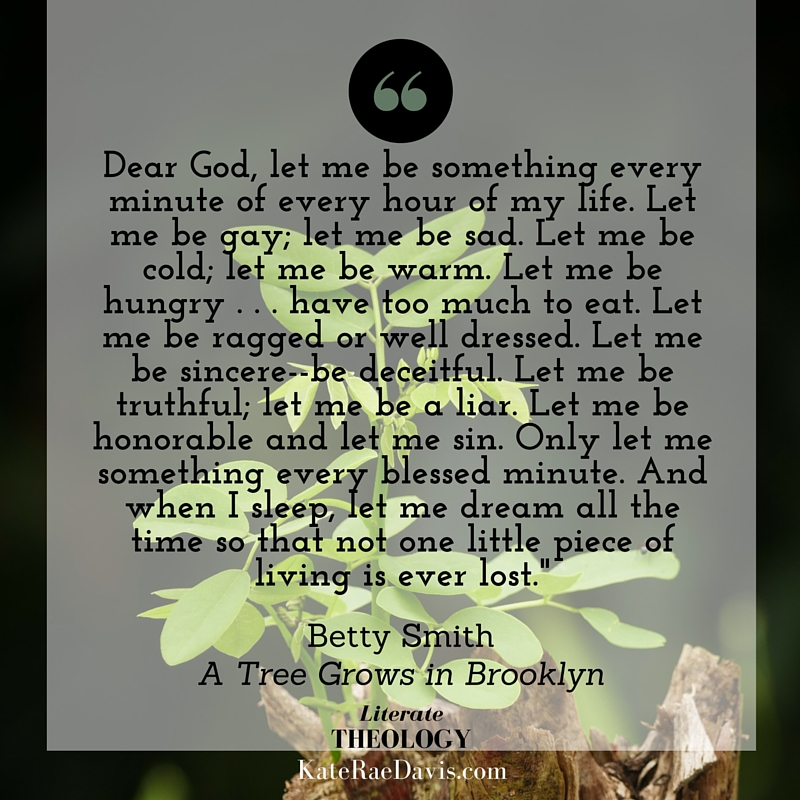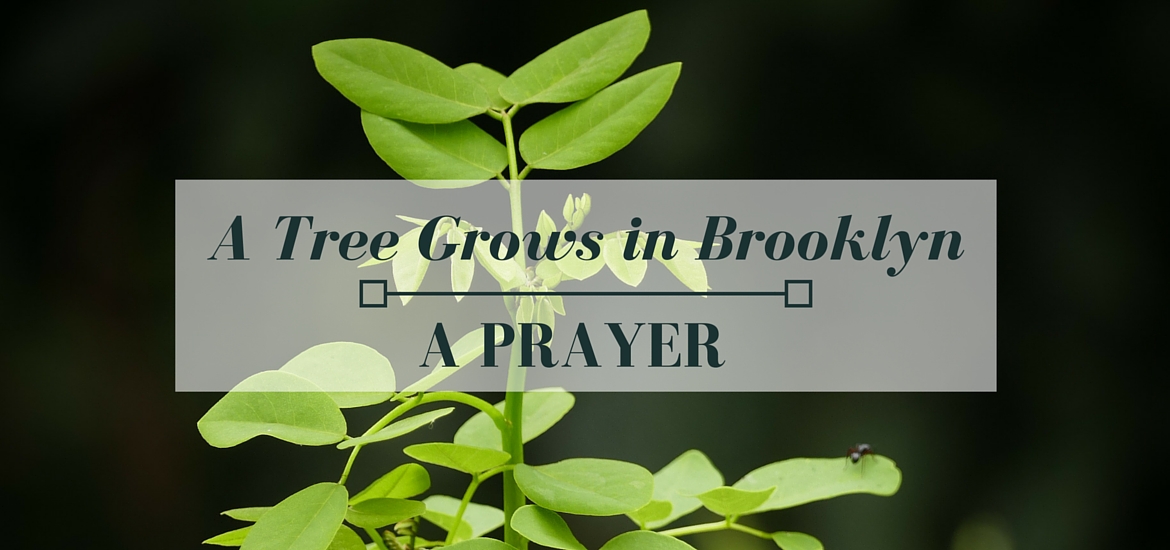‘Tis the season for decking the halls, listening to carols, and trying to manage the expectations and social norms of gift-giving.
In recent years, I’ve noticed increasing discussion on wanting Christmas to be less materialistic and more focused on Jesus, most often applied to gift-giving. One trend is this gifting rhyme: “One thing they want, One thing they need, One thing to Wear, One thing to read.” Another method is that each person receives 3 gifts, representing the ones given by the wise men. Others write of themselves as anti-materialistic and advocate for a “gift-free Christmas,” spending time and money on those in most desperate need.
In a society where citizens are viewed primarily as consumers, the choice to consume less is a laudable defiance of cultural norms. And yet the language of becoming less materialistic or anti-materialism somehow chafes.
I think it chafes because Christmas is about the birth of Jesus. Christmas is about God becoming incarnate. God valued the material world so highly that God became fleshy, substantial, material. Throughout his life, Jesus seems to deeply understand the importance of the material. He understands the necessity of the material category we call food, and he fed people. He understands that a host’s social standing is deeply effected by the material stuff of drink, and he turned water into wine. God in Jesus understood that the material stuff of a having a body matters in one’s ability to be in relationship with humans, and Jesus was resurrected.
One way to orient the birthing moment of Christianity is the moment in which spirit became flesh. The good news of Christianity is that the God of love and blessing and peace came to earth to show us that the values of love and blessing and peace are most visibly manifested when they are embodied. Our values are niceties until we live them. Our values are most powerful when they show up in our material life.
Everything in the gospel texts points me to the conviction that we Christians are called to be more materialistic, called to be better materialists — even as we are called to resist consumerism. So while I’m an advocate for consuming less, in order to do so I think we need take materialism more seriously. We need to become a better materialists.
I’m certain that many who state the desire for less materialistic Christmases are actually aiming for less consumeristic Christmases, but it’s important to accurately name our concern, especially when representing our religion to children or outsiders. If we position Christianity as being against the material world, it can convey that the very worldly concerns of hunger and shelter and wound-tending don’t matter to Christians, when nothing could be further from the truth. If we teach anti-materialism we are too easily teaching contempt for the material world. When such contempt is taught, we should not be surprised by those who profess Christ while lacking compassion or urgency in caring for the poor: the body and its needs are themselves material, and so in that system of thinking, the body and its needs are worthy of contempt.
Perhaps the greatest response to the Christmas story in which God becomes material is to listen deeply to the call to be more materialistic, wildly materialistic, sincerely and passionately and deeply materialistic.
And by deepening our materialism, we must become more seriously anti-consumerism, for the material world becomes far too precious and valuable to simply use and dispose.
In following Jesus, may we follow in his embodied awareness that matter matters. May not only our Christmases but also our lives be distinct in that we passionately and sincerely value the material. May we hear the word “materialistic” not as a curse or insult, but as a blessing, a compliment, and as a call.
May your Christmas season be filled with love, joy, and peace, outpoured in beautiful, delicious, comforting material goodness for you and your loved ones.



![Christian (Anti)Materialism - [Literate Theology]](https://kateraedavis.com/wp-content/uploads/2015/12/christian-antimaterialism-1.jpg)
